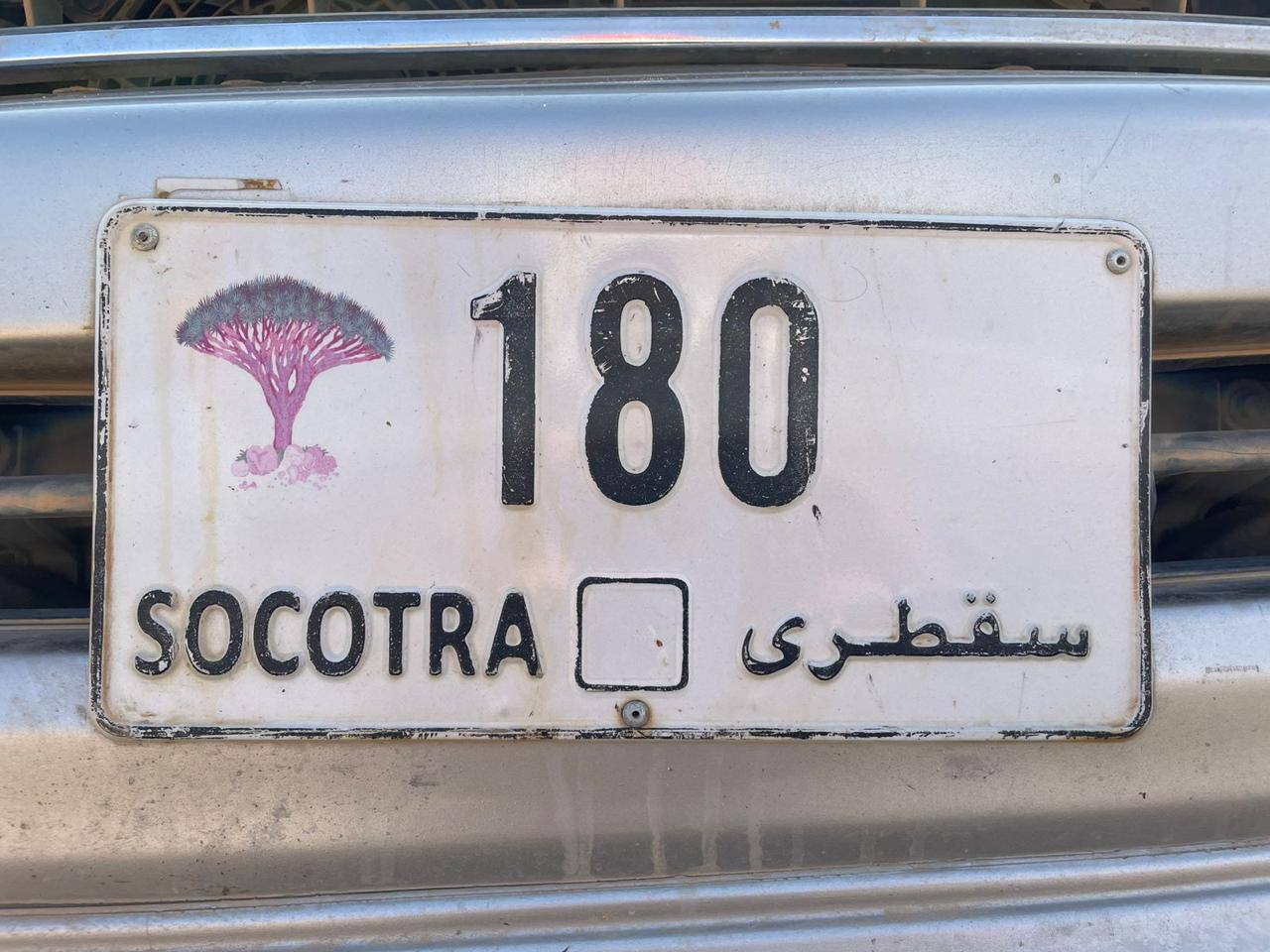With over 200,000 deaths in the 10+ years of the most recent civil war it would be easy to call this a forgotten war, particularly with regards to the current Russia – Ukraine conflict and the few fatalities in comparison it has created.
Yet while Yemen is in a full blown sectarian and factionalised proxy war, there is one part of the country that is a relative safe haven and now even a tourist attraction and that is the island of Socotra.
To read about the Republic of Socotra click here
What is Socotra?
Socotra is an island in the Indian ocean that is dejure part of Yemen. Being so isolated it is one of the most biodiverse places on earth boasting the famous “otherworldly tree” known as the Dragons Blood tree.
Socotra was to fall under the control of the British under its Protectorate of Aden, which was replaced by the Federation of South Arabia and the Protectorate of South Arabia, which merged to form the People’s Democratic Republic of Yemen (south Yemen), the only Marxist state in the Middle-East, which made it of intense importance to the Soviet Union. This was of particular importance with regards to Socotra and its strategic location in the Indian Ocean. Many older Socotran residents still talk fondly about the relative ease and peace of these times.
With the collapse of international socialism the People’s Democratic Republic of Yemen unified with the Yemen Arab Republic (North Yemen) to form the Republic of Yemen.
Alas it was later to prove less of a unification and more of an annexation, with the south trying to secede just 4 years later due to alleged northern domination and indeed cronyism, a state of affairs which was in part to lead to the current civil war and the mess that the country now finds itself in.
In 2015, cyclone Chapala and cyclone Megh struck Socotra, causing severe damage to the island, which led to aid and supplies being sent by the Golf Cooperation Council, predominantly led by the United Arab Emirates (UAE). In 2018 this “help”was extended to the UAE placing military forces on the island as part of the Saudi intervention in Yemen, of which the UAE was and still is a major ally in.
The Emirate’s duly took control of the airport and seaport, before stating their intention to transfer “sovereignty” back to Yemen, but the big question was which Yemen?
To read about travel to Socotra click here.
Who controls Socotra?
In May of 2019 the UAE were accused of landing a number of separatist troops onto the island, an act denied by the UAE, but one which deepened the rift with the internationally recognised government of the UAE.
What followed fairly much seemed to summarise the UAE’s plans for the island when a Yemeni Army stationed in Socotra rebelled and pledged allegiance to the UAE-backed separatist Southern Transitional Council in Socotra, rather than the UN backed government in the capital of Hadi in northern Yemen.
Technically this now places the island in the governance of the Southern Transitional Councilm but in 2021 the UAE sent in military and government advisors, leading many to the conclusion that Socotra was little more than a colony and a strategic one at that of the United Arab Emirates.
Why is Socotra a haven from the war in Yemen?

While the motivation, justification and indeed moral elements of Socotra being occupied by the UAE can be debated, what it has provided for the often marginalised and poorly provided for people of Socotra has been security.
Prior to the pseudo annexation getting here either involved the expensive chartering of a boat from Bahrain, or flying from Cairo, with the island spending many years simply isolated not just from tourism, but essentially the outside world.
Now though the island is seeing a true renaissance in its tourist industry with direct flights to and from Abu Dhabi once a week providing the perfect chance for week long tours of the island and its biodiversity.
So, why is Socotra a haven from the war in Yemen? Quite simply isolation and politics and while intentions can and should be questioned, at least they have been spared the bloodshed of the Factionalised forgotten war in Yemen.

